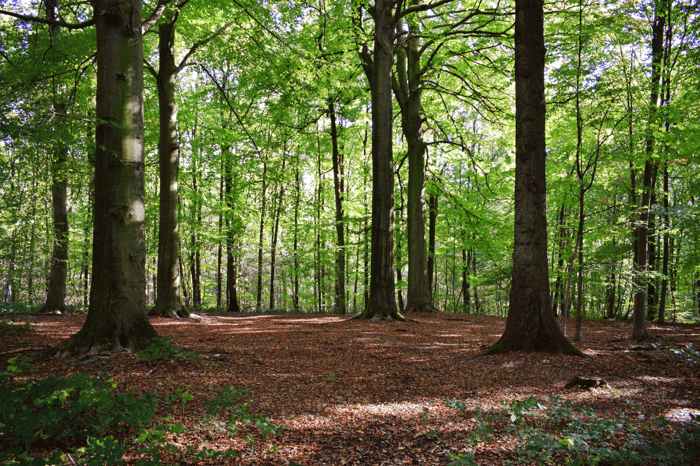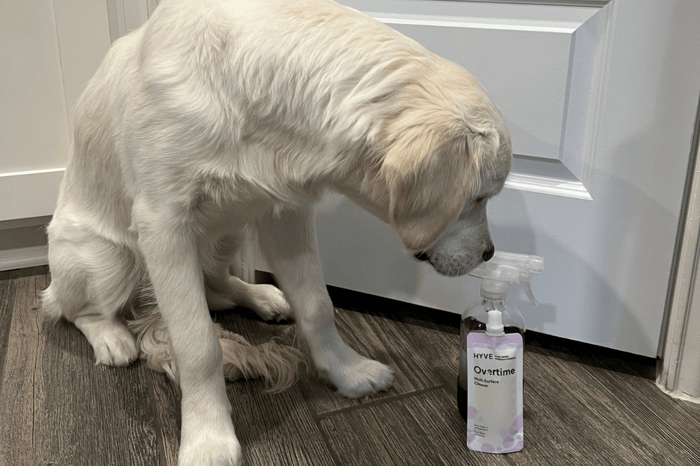
Why Probiotic Cleaning Products are Better for Your Family
Probiotic Cleaning Products — What are they and why should you care?
From healthier digestion to better wellness, it is no secret that use of probiotics is growing as an increasingly popular health supplement. The idea that healthy living is not just about killing the bad bacteria but also about promoting the growth of good bacteria is slowly trickling down to cleaning products too. In simple terms, probiotic cleaners are powered by good bacteria which eliminate bad bacteria to keep your home sparkling clean at the microscopic level.
What is a probiotic cleaner? How is it different from a traditional cleaner?
A traditional cleaner is a product that uses one or more chemical components to kill bacteria from any surface that it is applied on. Probiotic cleaners differ from traditional chemical based cleaners by using food grade bacteria to breakdown dirt by creating natural compounds that are known as bio-detergents. Probiotic cleaning products, such as Hyve, include friendly probiotic strains that break down surface dirt & grime and eliminate (bio-control) harmful bacteria. Most importantly, they keep your surface cleaner, longer after the last “spray and wipe”. How? The good bacteria continue to live on the surface for up to 72 hours forming an active protective layer that minimizes harmful bacterial growth.
What’s in a probiotic cleaner?
A probiotic cleaner like Hyve is a concentrate made from friendly bacterial strains which are food grade and remain active over its shelf life (similar to packaged yeast), water and natural fragrance to give your home smelling fresh. It’s a lot like a refreshing bottle of kombucha or a jar of yogurt. However, it’s a cleaning product designed to fight dirt and grime and not for human consumption.
Why should you care?
Traditional cleaners are made with chemicals that can often be irritants to your lungs and sensitive skin. Additionally, traditional cleaning chemicals are known pollutants that can even be harmful to the water table. Hyve’s formula, on the other hand, is bio-degradable. In fact, it could be disposed of safely in your garden without harming your plants.
If that doesn’t peak your interest, why not try it yourself and experience the difference?






